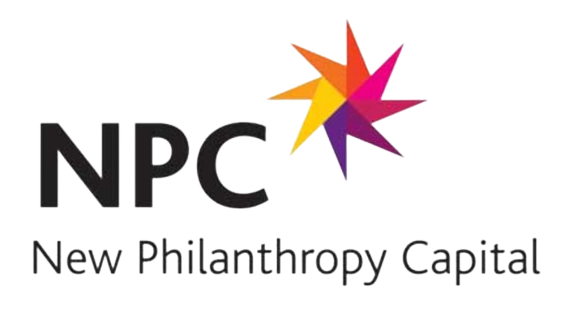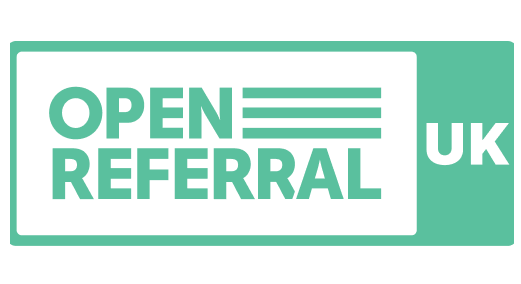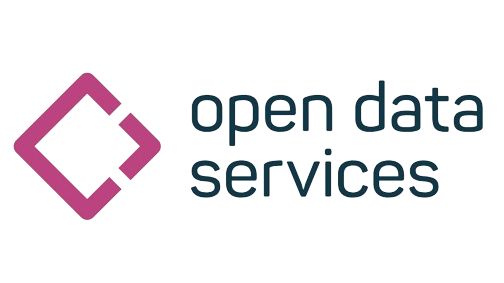Tag: UK
-

Introducing Profiles: customize our standard for your domain!
We designed the Human Service Data Specifications (HSDS)to make it easy to share information about human services of any kind. But given the many nuanced differences across human service sectors – and states and countries and etc – it’s just not feasible to standardize every possible kind of information associated with any kind of service anywhere.…
-

Report: building community-based service signposting infrastructure in the UK
NPC (New Philanthropy Capital) is a UK-based nonprofit whose mission is to help nonprofits and those that fund them to maximise their impact for the people they exist to serve. We work with individual nonprofits and funders to help them develop their strategies, learn and improve as individual organisations, and over our 20 year history…
-

UK Government endorses Open Referral UK
Welcome back to our blog Mike Thacker of Porism Limited. Porism is a technical partner of the Local Government Association (LGA), a membership organisation of English local authorities which owns the Improvement and Development Agency for local government (IDeA). Porism also works with iStandUK, a local government standards body that promotes efficiency, transformation, and transparency of local…
-

LOOP: Resource Data Collaboration, Live at Leeds
Leeds, a city in the North of England, has developed an open-source API-based service directory data infrastructure. LOOP (Leeds Open Online Platform) provides a way for the city’s local authority, voluntary sector and private partners to collaborate on a shared information repository. The City Digital Partnerships Team is currently leading the project. We are hosted…
-

Not another directory of services! Adopting Open Referral in the UK
Today we welcome to the blog Mike Thacker of Porism Limited. Porism is a technical partner of the Local Government Association (LGA), a membership organisation of English local authorities, which owns the Improvement and Development Agency for local government (IDeA). Porism works with iStandUK, a local government standards body that promotes efficiency, transformation, and transparency…
-

Meet the Open Data Services Cooperative
This post is from Tim Davies, founding member of the Open Data Services Co-operative. We’re really delighted to announce the Open Data Services Co-operative’s new collaboration with Open Referral on the Miami Open 211 project, and on wider developments of the Human Services Data Specification (HSDS). At the Open Data Services Co-operative, we’re passionate about…
-
New Philanthropy Capital: Joining the Dots
Last October, I had the opportunity to visit London and spend some time learning about the UK social sector, at events such as the excellent NPC Ignites conference. On this trip, I was impressed by people’s sense of pride in the country’s long history of public service provision. But I also heard clear notes of…